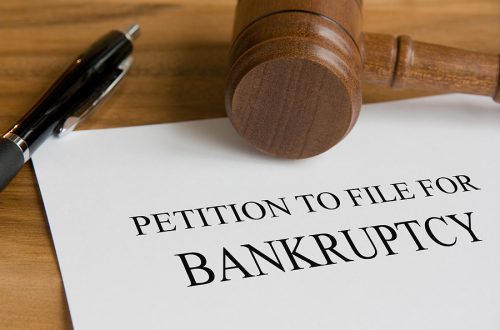Even though the economy is improving, many of America’s working poor, under-employed and unemployed people continue to struggle financially. In addition to their financial troubles, many households face debt collectors who harass and sue them on incomplete or inaccurate information.
To make matters worse for struggling consumers, court judgments often favor debt collectors without determining the validity of the claims. Due to the growth of this problem, it has been the focus in recent research. Both the Human Rights Watch (HRW) and the Alliance for a Just Society recently released reports documenting this disturbing trend.
The report released by the HRW titled “Rubber Stamp Justice,” revealed that courts routinely award default judgments, without the consumer present, in tens of thousands of cases.
The Encore Capital Group, the largest debt collector in the country, has reportedly filed between 245,000 and 470,000 new lawsuits per year in recent years. The report also showed that in 2014 Encore and its competitor, Portfolio Recovery Associates, collected more than $1 billion through debt collection lawsuits.
The report stated, “Fundamental problems with debt collector lawsuits often come to light only after the companies have already won judgments they were never entitled to, in courts that never asked them to present any meaningful evidence in support of their claims.”
Several states have created “judgeless courtrooms” for such cases where consumers are forced to participate in unsupervised discussions with debt buyers and their attorneys. The intention is to provide open forums for compromise, however consumers often end up forfeiting their rights for a future court hearing.
The top consumer debt collection concerns filed with the Consumer Financial Protection Bureau between November 2013 and August 2015 are below:
- Demands to pay a debt that affected consumer(s) believes is not owed;
- Frequent or repeated calls about the same alleged debt;
- Failure to provide documentation to verify the debt.
The Fair Debt Collections Practices Act (FDCPA) originally enacted in 1978 requires that debt collectors provide consumers with certain basic information such as the amount of debt owed and the name of the creditor to whom the debt is owed. A lesser-known requirement of the FDCPA says debt collectors must give consumers a 30-day notice to dispute the debt before it is assumed as valid.
Click here to read more on this story.
If you are in financial crisis and considering filing for bankruptcy, contact an experienced Miami bankruptcy attorney who can advise you of all of your options. As an experienced CPA as well as a proven bankruptcy lawyer, Timothy Kingcade knows how to help clients take full advantage of the bankruptcy laws to protect their assets and get successful results. Since 1996 Kingcade & Garcia, P.A. has been helping people from all walks of life build a better tomorrow. Our attorneys’ help thousands of people every year take advantage of their rights under bankruptcy protection to restart, rebuild and recover. The day you hire our firm, we will contact your creditors to stop the harassment. You can also find useful consumer information on the Kingcade & Garcia website at www.miamibankruptcy.com.

